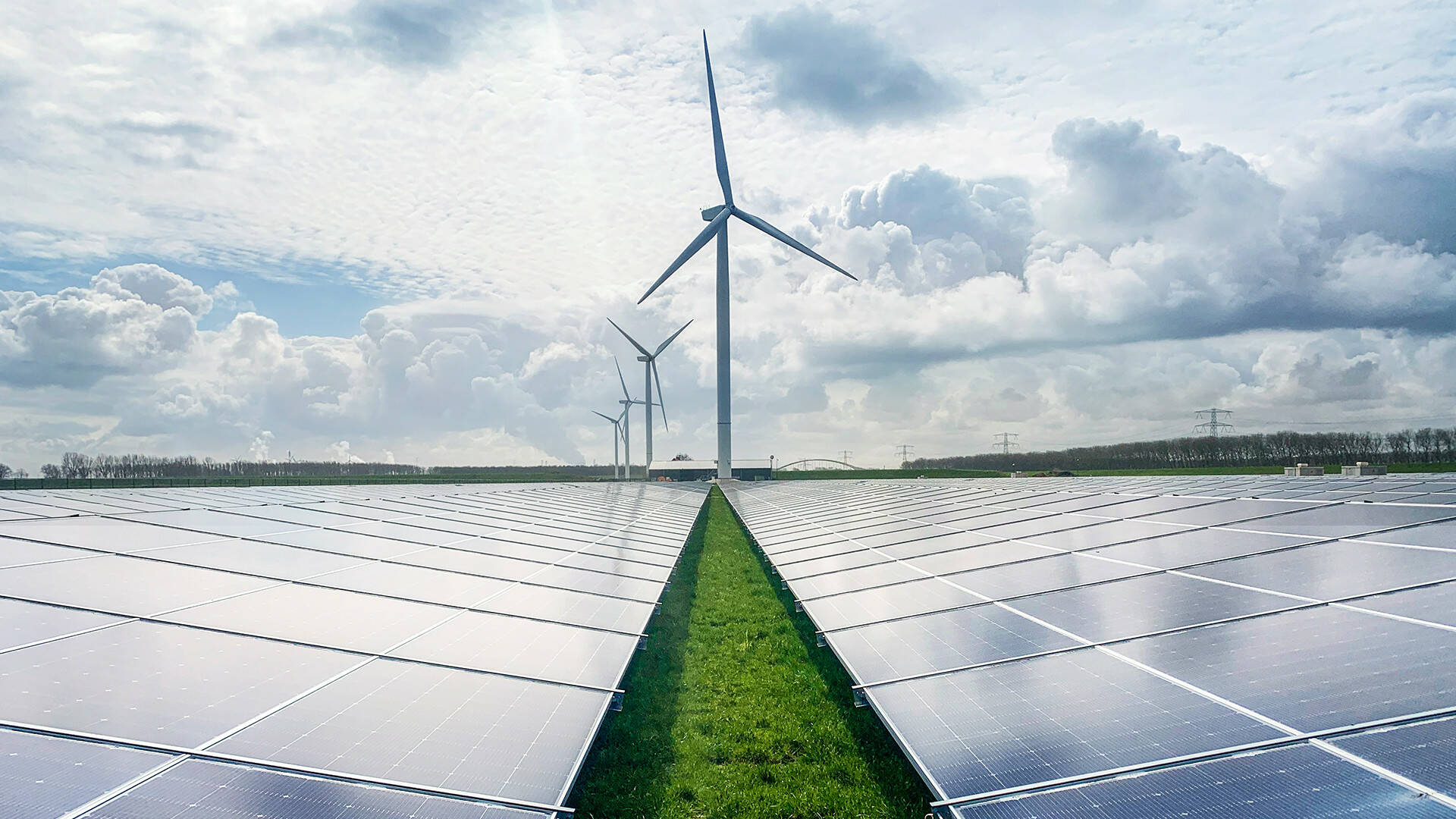
Uniper adds batteries to its hybrid coal and biomass plant to offer grid stability services
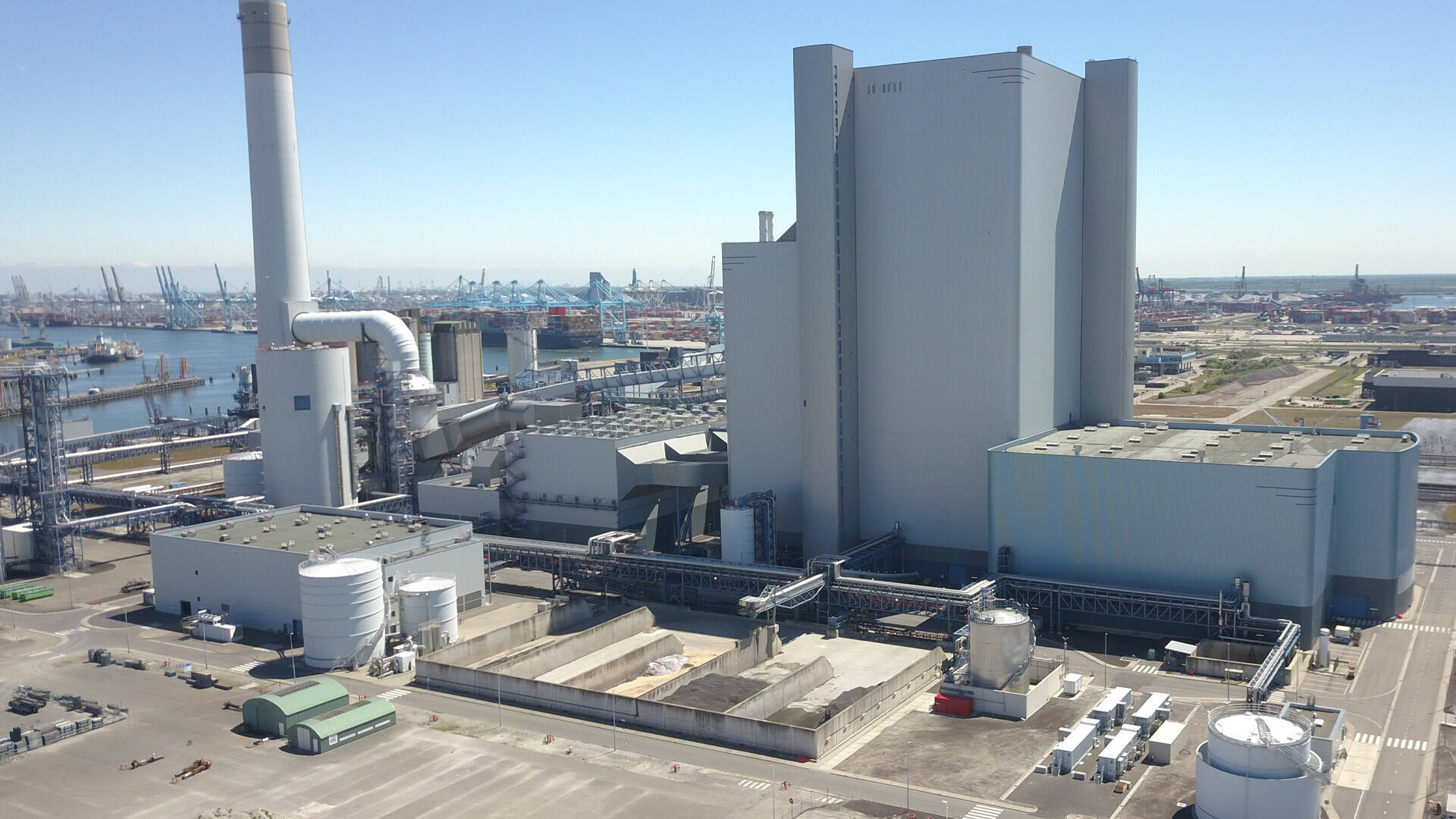


Go to next article

Go back
scroll down

It is important for our customers that we can offer security of supply at all times because they simply cannot operate without steam or electricity. Sometimes, there are sudden peaks in demand and we want to be able to take responsibility at those times and Alfen has supported us in achieving that. The MPP3 power station is big, but not fast, with respect to responding to set point changes for ramping up and down production. Most of the time, it is all about volume but, sometimes, there is a sudden peak and so electricity needs to be supplied very quickly and Dutch TSO, TenneT, asked us to help them with this challenge.
One of my teams developed a concept in which large-scale batteries and the MPP3 power station work together as one integrated system. The batteries provide the initial response to the demand peak while the power station ramps up. This results in a hybrid production facility that allows us to meet demand spikes much more quickly.
The batteries are located in four white containers and, together, can store up to 10,000kWh – roughly the energy equivalent of 200 Tesla model 3 cars batteries. The power generated from the power plant is stored in the battery and fed into the national grid at a later point in time, when wind and/or solar generation is decreasing so flexible sources have to step in to maintain the balance on the grid.
A battery in itself is not strictly a sustainable solution but it has indispensable value. It enables the flexible response which is needed to balance the volatility in power production resulting from the increasing wind and solar energy capacity in the Netherlands. Batteries therefore fit in well with our journey towards a carbon neutral future.
We specifically chose Alfen because of its experience in delivering and integrating recent similar-sized projects in the Netherlands and because it provides a pre-assembled, plug-and-play battery concept, ensuring minimum on-site disruption. Our cooperation has resulted in a valuable and appealing product of which we can all be proud.
Can you tell us something about the collaboration between Alfen and Uniper in the Netherlands?
What opportunities and challenges do you see as a result of energy transition?
The global climate crisis presents us all with a major challenge. At Uniper, we feel this as an enormous driving force. If we don’t change, our doors will have to close. At the same time, we take our role in ensuring security of supply on the electricity grid very seriously. As a result, we have set a unique goal - to be CO2 neutral by 2035 - and on the path towards it, to do everything we can to contribute to a stable energy system.
The Uniper Maasvlakte Energy Hub is very strategically located and can therefore play a valuable role in energy transition. Offshore wind energy connects to our national grid at Maasvlakte. We also have a seaport to import new sustainable fuels like green hydrogen. Furthermore, we have access to infrastructure like the high-voltage power grid, CO2 pipelines and the future hydrogen backbone. I therefore see a great future for our site. One of the developments we are fully committed to is the production of green hydrogen. We are currently investigating the feasibility of a 100MW electrolyser that can be scaled up to 500MW in the future. We are also working on plans for a biorefinery, for green fuels and sustainable aviation fuels.
“ The battery absorbs the peak by delivering immediately, while giving the large power plant time to ramp up ”
Uniper Maasvlakte is one of the last coal fired power stations in the Netherlands. How do you see the future of the site?
It is true that our Maasvlakte site is still largely fossil-based today. The MPP3 power plant runs on a combination of coal, biomass and industrial residues. With this 1.1MW power station, we can produce about 7% of the total electricity supply in the Netherlands. This makes us a significant part of our vital energy infrastructure. At the same time, we are confronted, not only with climate change, but also with the political and social change related to the acceptance of fossil fuels. From 2030 onwards, we are not allowed to use coal and there is also, increasingly, less enthusiasm about biomass. For employees who work every day to produce a product as important as electricity, it is sometimes difficult to be confronted with society’s negative approach to our work. But our people are proud of their work, it is technically challenging and extremely relevant for the Dutch economy. Above all, we are not just working on the energy of today but also on the clean energy system of tomorrow. As Plant Manager, I do everything in my power to make my team understand why things are changing and encourage them to realise their ideas for innovations that will help us in the transition towards a decarbonised energy system.
Congratulations on winning the title of Plant Manager of the year 2021. It’s a great achievement, how did you achieve it?
Thank you. I feel honoured to have been elected Plant Manager of the Year. Honestly, it’s a team effort. My team is very committed and innovative. It is together that we’re able to create success.
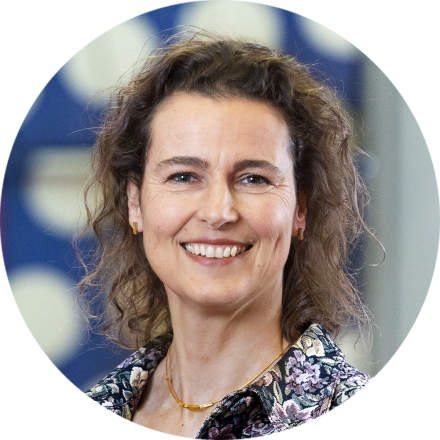
An interview with Yolande Verbeek, Member of the Board at Uniper Benelux & Plant Manager at Uniper Maasvlakte Energy Hub.
Active in over 40 countries, global energy company, Uniper, generates, trades, stores and transports energy on a grand scale. Its 34GW of installed capacity put it amongst the world’s largest power generators and, as well as gas and electricity, it produces steam and compressed air for industry and heat for thousands of households. While it doesn’t own any solar or wind generators directly, its two power-to-gas plants in Germany have already proven that excess renewables generation can be converted to hydrogen or synthetic natural gas. Its pumped storage plants, part of its large hydropower portfolio, also provide essential grid stability services to support the integration of renewables.
As well as being a member of the board at Uniper Benelux, Yolande Verbeek is also Plant Manager of the Uniper Maasvlakte Energy Hub, a hybrid 1.1GW hard coal and biomass power station and 70MW gas-fired combined heat and power plant in the port of Rotterdam. She has also just been named Dutch industry ‘Plant Manager of the Year,’ only the second woman to achieve the title. We asked for her views on energy transition and how Uniper is adapting.
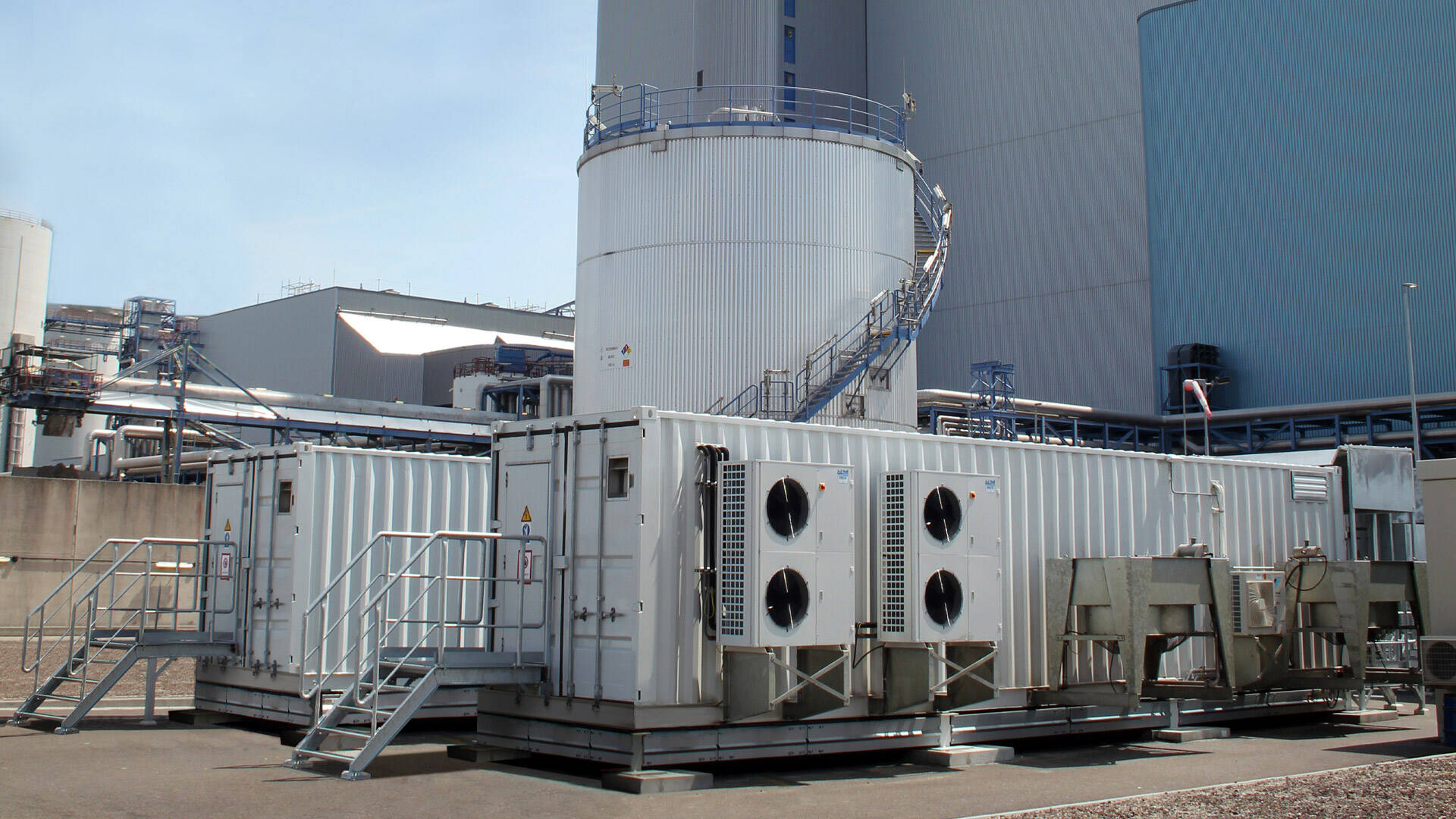

Uniper adds batteries to its hybrid coal and biomass plant to offer grid stability services

It is important for our customers that we can offer security of supply at all times because they simply cannot operate without steam or electricity. Sometimes, there are sudden peaks in demand and we want to be able to take responsibility at those times and Alfen has supported us in achieving that. The MPP3 power station is big, but not fast, with respect to responding to set point changes for ramping up and down production. Most of the time, it is all about volume but, sometimes, there is a sudden peak and so electricity needs to be supplied very quickly and Dutch TSO, TenneT, asked us to help them with this challenge.
One of my teams developed a concept in which large-scale batteries and the MPP3 power station work together as one integrated system. The batteries provide the initial response to the demand peak while the power station ramps up. This results in a hybrid production facility that allows us to meet demand spikes much more quickly.
The batteries are located in four white containers and, together, can store up to 10,000kWh – roughly the energy equivalent of 200 Tesla model 3 cars batteries. The power generated from the power plant is stored in the battery and fed into the national grid at a later point in time, when wind and/or solar generation is decreasing so flexible sources have to step in to maintain the balance on the grid.
A battery in itself is not strictly a sustainable solution but it has indispensable value. It enables the flexible response which is needed to balance the volatility in power production resulting from the increasing wind and solar energy capacity in the Netherlands. Batteries therefore fit in well with our journey towards a carbon neutral future.
We specifically chose Alfen because of its experience in delivering and integrating recent similar-sized projects in the Netherlands and because it provides a pre-assembled, plug-and-play battery concept, ensuring minimum on-site disruption. Our cooperation has resulted in a valuable and appealing product of which we can all be proud.
Can you tell us something about the collaboration between Alfen and Uniper in the Netherlands?


Go to next article

Go back
What opportunities and challenges do you see as a result of energy transition?
The global climate crisis presents us all with a major challenge. At Uniper, we feel this as an enormous driving force. If we don’t change, our doors will have to close. At the same time, we take our role in ensuring security of supply on the electricity grid very seriously. As a result, we have set a unique goal - to be CO2 neutral by 2035 - and on the path towards it, to do everything we can to contribute to a stable energy system.
The Uniper Maasvlakte Energy Hub is very strategically located and can therefore play a valuable role in energy transition. Offshore wind energy connects to our national grid at Maasvlakte. We also have a seaport to import new sustainable fuels like green hydrogen. Furthermore, we have access to infrastructure like the high-voltage power grid, CO2 pipelines and the future hydrogen backbone. I therefore see a great future for our site. One of the developments we are fully committed to is the production of green hydrogen. We are currently investigating the feasibility of a 100MW electrolyser that can be scaled up to 500MW in the future. We are also working on plans for a biorefinery, for green fuels and sustainable aviation fuels.

“ The battery absorbs the peak by delivering immediately, while giving the large power plant time to ramp up ”
Uniper Maasvlakte is one of the last coal fired power stations in the Netherlands. How do you see the future of the site?
It is true that our Maasvlakte site is still largely fossil-based today. The MPP3 power plant runs on a combination of coal, biomass and industrial residues. With this 1.1MW power station, we can produce about 7% of the total electricity supply in the Netherlands. This makes us a significant part of our vital energy infrastructure. At the same time, we are confronted, not only with climate change, but also with the political and social change related to the acceptance of fossil fuels. From 2030 onwards, we are not allowed to use coal and there is also, increasingly, less enthusiasm about biomass. For employees who work every day to produce a product as important as electricity, it is sometimes difficult to be confronted with society’s negative approach to our work. But our people are proud of their work, it is technically challenging and extremely relevant for the Dutch economy. Above all, we are not just working on the energy of today but also on the clean energy system of tomorrow. As Plant Manager, I do everything in my power to make my team understand why things are changing and encourage them to realise their ideas for innovations that will help us in the transition towards a decarbonised energy system.
Congratulations on winning the title of Plant Manager of the year 2021. It’s a great achievement, how did you achieve it?
Thank you. I feel honoured to have been elected Plant Manager of the Year. Honestly, it’s a team effort. My team is very committed and innovative. It is together that we’re able to create success.
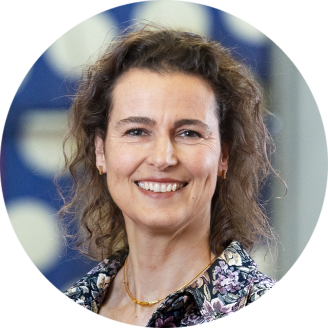
An interview with Yolande Verbeek, Member of the Board at Uniper Benelux & Plant Manager at Uniper Maasvlakte Energy Hub.
Active in over 40 countries, global energy company, Uniper, generates, trades, stores and transports energy on a grand scale. Its 34GW of installed capacity put it amongst the world’s largest power generators and, as well as gas and electricity, it produces steam and compressed air for industry and heat for thousands of households. While it doesn’t own any solar or wind generators directly, its two power-to-gas plants in Germany have already proven that excess renewables generation can be converted to hydrogen or synthetic natural gas. Its pumped storage plants, part of its large hydropower portfolio, also provide essential grid stability services to support the integration of renewables.
As well as being a member of the board at Uniper Benelux, Yolande Verbeek is also Plant Manager of the Uniper Maasvlakte Energy Hub, a hybrid 1.1GW hard coal and biomass power station and 70MW gas-fired combined heat and power plant in the port of Rotterdam. She has also just been named Dutch industry ‘Plant Manager of the Year,’ only the second woman to achieve the title. We asked for her views on energy transition and how Uniper is adapting.




